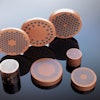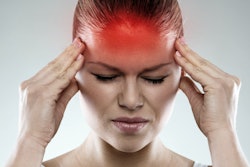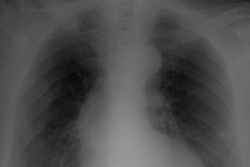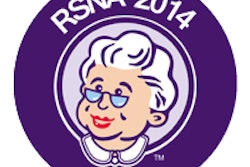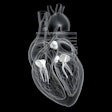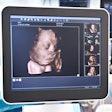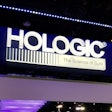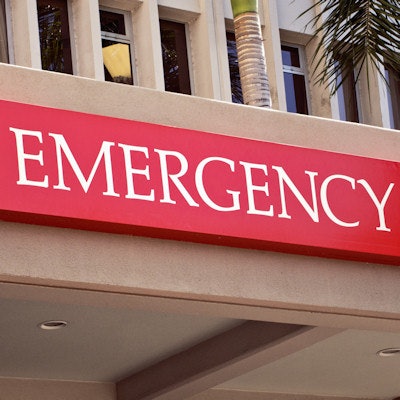
Should emergency medicine physicians still order chest x-rays for patients presenting with syncope? A new study published in the Western Journal of Emergency Medicine answers that question with a qualified yes -- provided the x-ray exams are ordered judiciously.
In a group of 575 patients who presented to the emergency department (ED) with syncope, chest x-ray detected enough pathology in patients who ended up having an adverse event 30 days later to make the exams worthwhile, concluded lead author Dr. Matthew Wong and colleagues from Harvard Medical School and Beth Israel Deaconess Medical Center in Boston (West J Emerg Med, November 2016, Vol. 17:6, pp. 698-701).
Common cause for ED visits
Syncope is defined as a sudden loss of consciousness that results in spontaneous recovery with no resuscitation required. It is a somewhat common cause for emergency department visits, with some 740,000 visits a year, 32% of which lead to a hospital admission, the authors noted. As many as 50% of syncope patients are discharged from the ED without a known cause for their condition, which can lead to overtesting, such as with chest x-ray.
While most causes of syncope are benign, some cases can be due to more serious conditions, such as cardiac ischemia, that could lead to more serious health events down the road. With respect to ischemia, for example, downstream tests can include cardiac enzyme testing or echocardiography, while chest x-ray is often obtained as part of a protocol designed to rule out heart problems.
But the costs of all this testing can add up. Indeed, costs caused by syncope-related hospital admissions total more than $2 billion a year in the U.S., much of which is attributed to diagnostic testing, according to the authors. At the same time, a previous study by Mendu et al found the yield for syncope testing to be less than 5%.
In the current study, Wong and colleagues wanted to find out how often abnormal chest x-rays really occurred among patients admitted for syncope, and to determine if chest radiographs had any diagnostic value.
The researchers based their analysis on part of the Boston Syncope Criteria study, including patients who presented to the ED with syncope between September 2003 and June 2006. The primary outcome of the current study was to correlate how many patients with abnormal chest x-rays also had a serious adverse event; a positive finding was considered to be one in which the chest x-ray suggested the cause of the patient's episode of syncope or of an adverse event that occurred during the patient's care.
In all, 575 patients were included in the study; 39.7% were men and the mean age was 57.2 years. Out of the total, 403 patients had chest x-rays performed, with 18 (4.5% of those getting chest x-rays) containing abnormal findings.
Of the 18 patients with abnormal chest radiographs, 15 went on to experience adverse events (83.4%), compared with just 16.7% of those with abnormal radiographs who had no adverse events. Among the population who received chest x-rays that turned out to be normal, 21% ended up having adverse events, while 79% did not.
| Rate of adverse events after chest radiographs | |||
| Chest x-ray | No. of patients | No adverse event | Adverse event |
| Normal | 385 | 79% | 21% |
| Abnormal | 18 | 16.7% | 83.4% |
Compared with patients with normal chest radiographs, those with abnormal findings were almost 19 times more likely to have an adverse event than not, with an odds ratio of 18.8 (95% confidence interval: 5.3-66.4, p < 0.01).
"Patients with an abnormal [chest radiograph] were much more likely to have an adverse event than not ... and were at increased odds of having an adverse event compared to the group that had a normal [chest radiograph]," the group wrote.
What types of adverse events did the syncope patients experience? These included congestive heart failure (53.3%), pneumonia (26.7%), a combination of congestive heart failure and pneumonia (13.3%), and effusion (6.7%).
The authors noted that some physician triage probably occurred among the patients who received chest radiographs versus those who didn't, "which reflects discretionary physician ordering."
"When emergency physicians elect to order [chest radiographs], an abnormal [chest radiograph] is associated with an adverse event," they concluded. "This suggests some modest utility in the [chest radiograph] in the workup of syncope."

